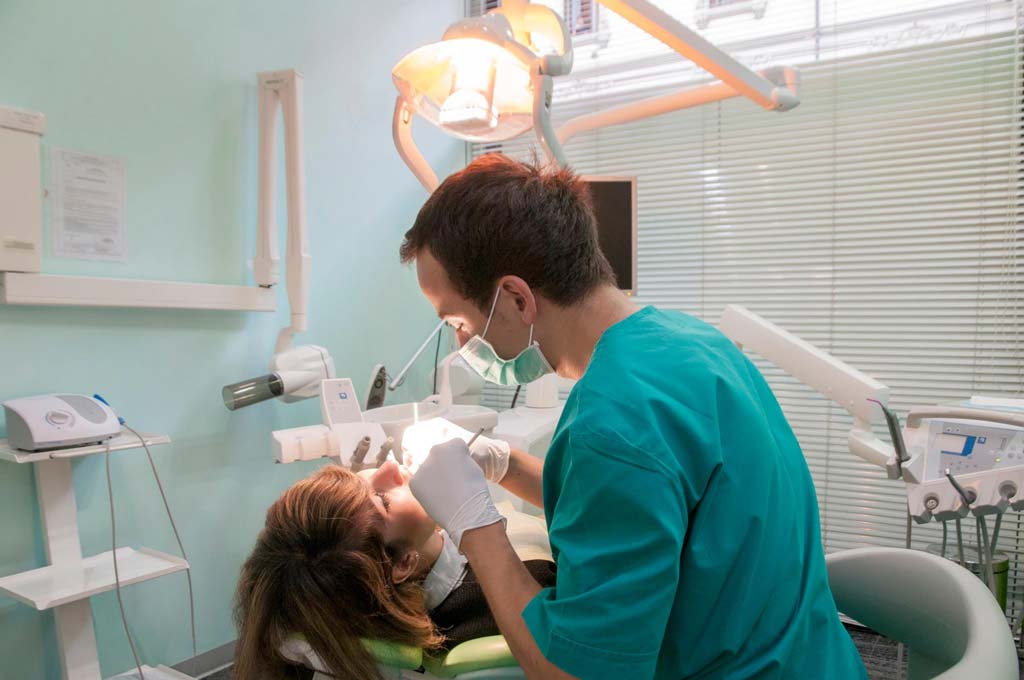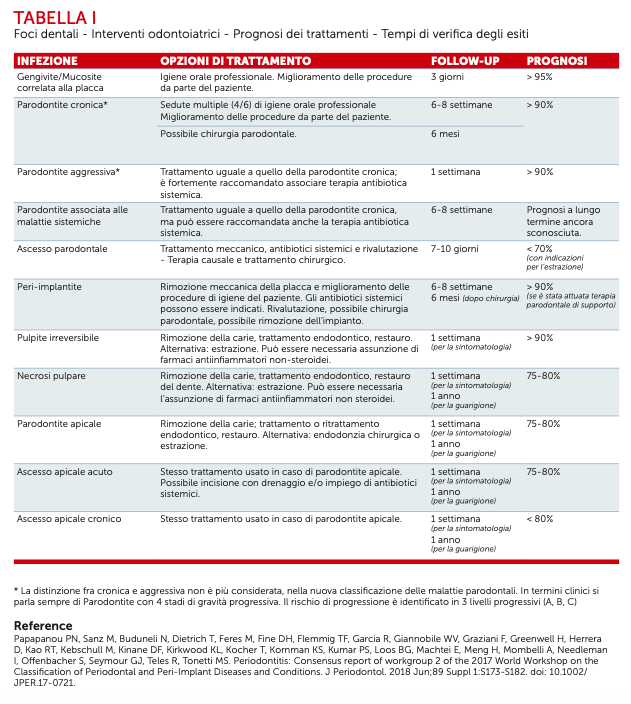The Italian Society of Periodontology has recently published a document on the correct dental screening strategy in patients with cardiovascular diseases.

It is a document shared within the scientific community between dentists and cardiologists with the aim of activating a common prevention protocol for patients with cardiovascular diseases.
Modern medicine is in fact increasingly attentive to the synergy between medical specialists, in fact the person as a whole is at the center of treatment and working in sealed compartments could lead to therapies that are effective in one area and harmful in another.
The dental screening protocol for cardiovascular diseases
Thanks to the document shared between dentists, cardiologists and cardiac surgeons, the necessary dental screening actions in patients with cardiovascular diseases or in anticipation of cardiac surgery have been put on paper.
Periodontitis is the clinical dental condition of greatest risk for the cardiovascular patient.
According to the guidelines of the European Society of Cardiology, dental infections should be eliminated at least two weeks before a planned cardiovascular intervention.

In the presence of periodontitis, the cardiovascular patient should conclude screening and dental treatment before heart surgery, to decrease the possibility of infective endocarditis caused by bacteria present in the mouth.
The purpose of a dental screening before heart surgery is precisely to eliminate risk factors that could lead to complications during or after surgery.
The main dental pathologies to be monitored in cardiovascular patients are:
- plaque-related gingivitis / mucositis;
- aggressive periodontitis;
- periodontal abscess;
- irreversible pulpitis;
- apical periodontitis;
- chronic apical abscess.

Dentists and cardiologists for patient health
Collaboration between specialists should follow the following steps:
- establish the dental / periodontal conditions of the cardiovascular patient with a dental screening;
- carry out the dental treatments necessary to eliminate the oral infections present;
- verification of treatments and evaluation of the times of complete recovery;
- checkups.
Compliance by cardiologists and dentists with a protocol for a joint intervention is solely and exclusively for the benefit of the patient.
















